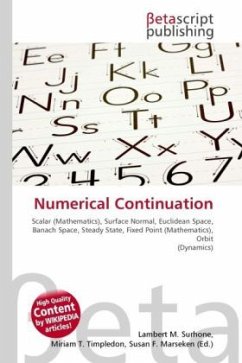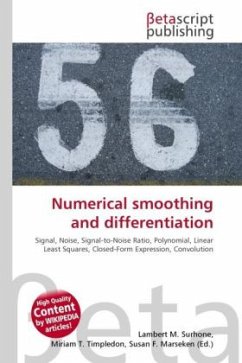High Quality Content by WIKIPEDIA articles! In the mathematical subfield of numerical analysis, numerical stability is a desirable property of numerical algorithms. The precise definition of stability depends on the context, but it is related to the accuracy of the algorithm. A related phenomenon is instability. Typically, algorithms would approach the right solution in the limit, if there were no round-off or truncation errors, but depending on the specific computational method small errors can be magnified, instead of damped, leading to large errors. Sometimes a single calculation can be achieved in several ways, all of which are algebraically equivalent in terms of ideal real or complex numbers, but in practice when performed on digital computers yield different results. Some calculations might damp out approximation errors that occur; others might magnify such errors. Calculations that can be proven not to magnify approximation errors are called numerically stable. One of thecommon tasks of numerical analysis is to try to select algorithms which are robust that is to say, have good numerical stability among other desirable properties.








